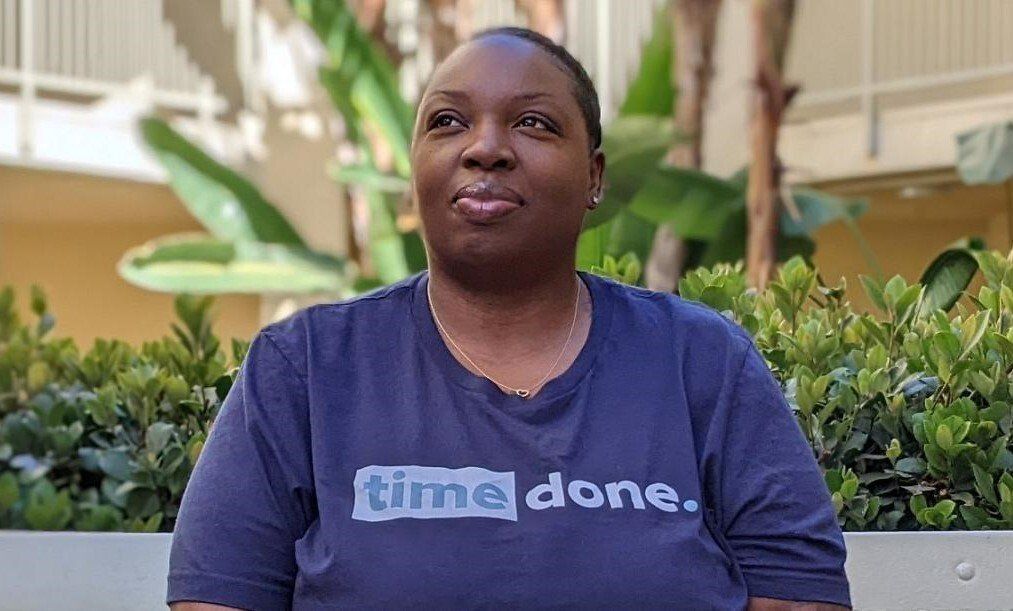Second Chances Thanks to SB731
Bill allows Californians to seal old arrests, convictions from official record

The post-prison poverty cycle in the United States disproportionately affects Black Americans. According to a study by the University of Georgia published in 2017, 33 per cent of the African-American male population has been convicted of a crime compared with 8 per cent of the overall population. “Black former prisoners are currently faced with a system similar to the Black Codes, 19th century laws that limited the civil rights of newly emancipated Black slaves,” says Ingrid Archie, Organizing Director for Time Done, a non-profit group that advocates for sealing criminal records. “They were freed but they were not allowed to own a house, they were not allowed to move around and they had to have a job or they were sent to prison. Today, when you receive parole, you have to get a job or you go back to prison, which is very difficult if you have been convicted of a crime.”
Having a record “is not the only barrier to finding a job,” explains Hadar Aviram, professor at the University of California, Hastings College of the Law in San Francisco. “It affects many aspects of daily life. You may not be able to adopt a child, for example, or even live with someone who is in the process of adoption. You may also have difficulty renting or buying property or taking out life insurance. Your whole life is affected.”
SB731, signed by California Governor Gavin Newsom in September, works to remove many of these barriers. It automatically seals non-violent felony convictions after four years. With the exception of registered sex offenders, people convicted of violent crimes are now eligible to apply to a judge to have their records expunged. According to Californians for Safety and Justice, between 250,000 and 400,000 people in California could have their records automatically sealed under the new law. The organization also estimates that more than one million people could be eligible to file a petition with a court to have their records expunged.
SB731 is the newest member of the "Clean Slate" movement; a recent push by criminal justice reformers to automatically clear, or seal from public view, criminal records for eligible offenses. Pennsylvania was the first state to enact automatic record clearing in 2018, followed by Utah, Michigan, Virginia, Delaware and Colorado. Michigan's law, passed in 2020, was the first state to automatically clear some prior felony offenses.
To read more about Time Done, their advocacy that's allowed more than five million people the chance to clear or seal their old criminal records, and their ongoing advocacy across the United States, visit their website.










